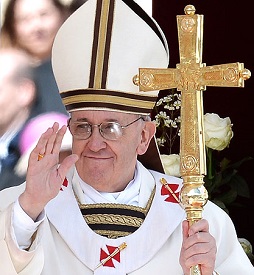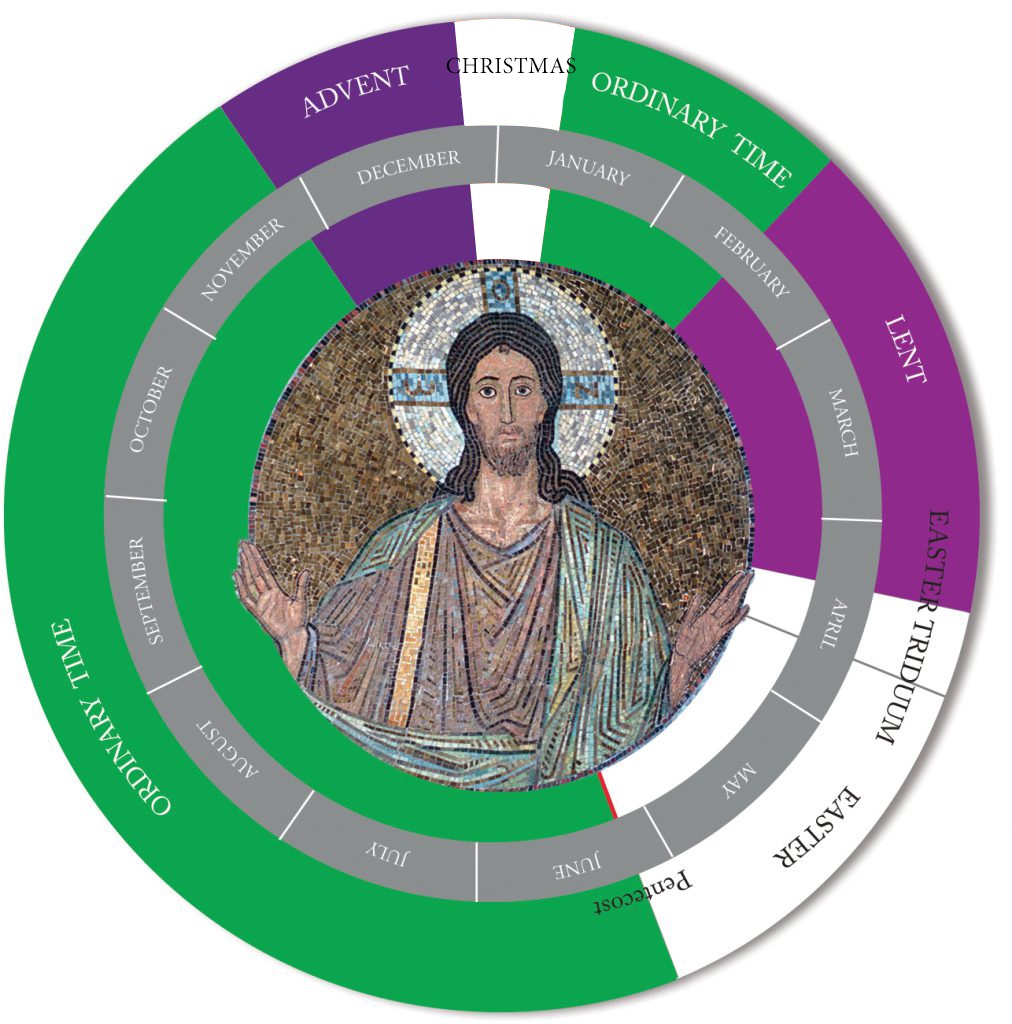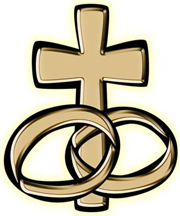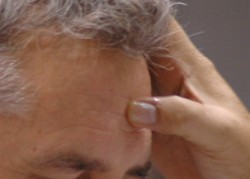 Humility is just about the exact opposite of everything you see in the world nowadays! Our 21st-century moxie is entirely egocentric. As the T-shirt says, "It's all about me." So to discover the essentials of humility, you have to experiment with self-emptying and change the channel from us to the Ultimate Other.
Humility is just about the exact opposite of everything you see in the world nowadays! Our 21st-century moxie is entirely egocentric. As the T-shirt says, "It's all about me." So to discover the essentials of humility, you have to experiment with self-emptying and change the channel from us to the Ultimate Other.Here's a channel-changer. In describing the virtue of humility, the Catechism of the Catholic Church quotes Saint Augustine's saying: "Man is a beggar before God." Pride leads you to exalt yourself, rely on your own resources, and claim your own achievements. By contrast humility recognizes that everything comes from God and belongs to God. Therefore to God alone go all praise, honor, and glory.
When you begin with God and not with yourself, your perspective on reality does a dramatic shift. God's will comes first. "Not my will, but yours be done," as Jesus prays in the Garden of Gethsemane. The radical humility of the Son of God is echoed in the submission of his mother to that same divine will in the story of the Annunciation: "Let it be done to me according to your word."
Love also begins from God and is not initiated from your personal well of goodness. "God is love," John's first letter declares. Therefore: "We love because God first loved us."
Life itself has its genesis in God—hence the name of the Bible's first book. When you choose the perspective of a humble heart, you become aware that your proper orientation as creatures should be one of obedience—that is, attentive listening—to God's call rather than egoistic self-determination. It's precisely the attitude of obedience that led to the salvation of the world, as Saint Paul tells us in his letter to the community at Philippi: "[Jesus] humbled himself, becoming obedient to death, even death on a cross." Paul explains that humility means putting other people ahead of yourself, thinking of their needs rather than monologuing about yours. That is so countercultural, jaws will drop whenever you attempt it.
Yet humility was the avenue of the saints that got them where they were going. Abbot Saint Bernard of Clairvaux was so convinced of its necessity that he urged his monks to adopt the four most important virtues: "Humility, humility, humility, and humility." Take it from Jesus, Mary, the the gospel evangelists, and the saints: If you're not coming from humility, you're not going anywhere in the spiritual life.
Scripture
•Mark 14:35-36; Luke 1:38; 18:9-14; Philippians 2:3-11.
Books
• The Way of Humility by André Louf, O.S.C.O. (Cistercian Publications)
• The Way of Humility by Cardinal Jorge Maria Bergoglio (Pope Francis) (Ignatius Press)
Reprinted with permission from PrepareTheWord.com. ©TrueQuest Communications.




















